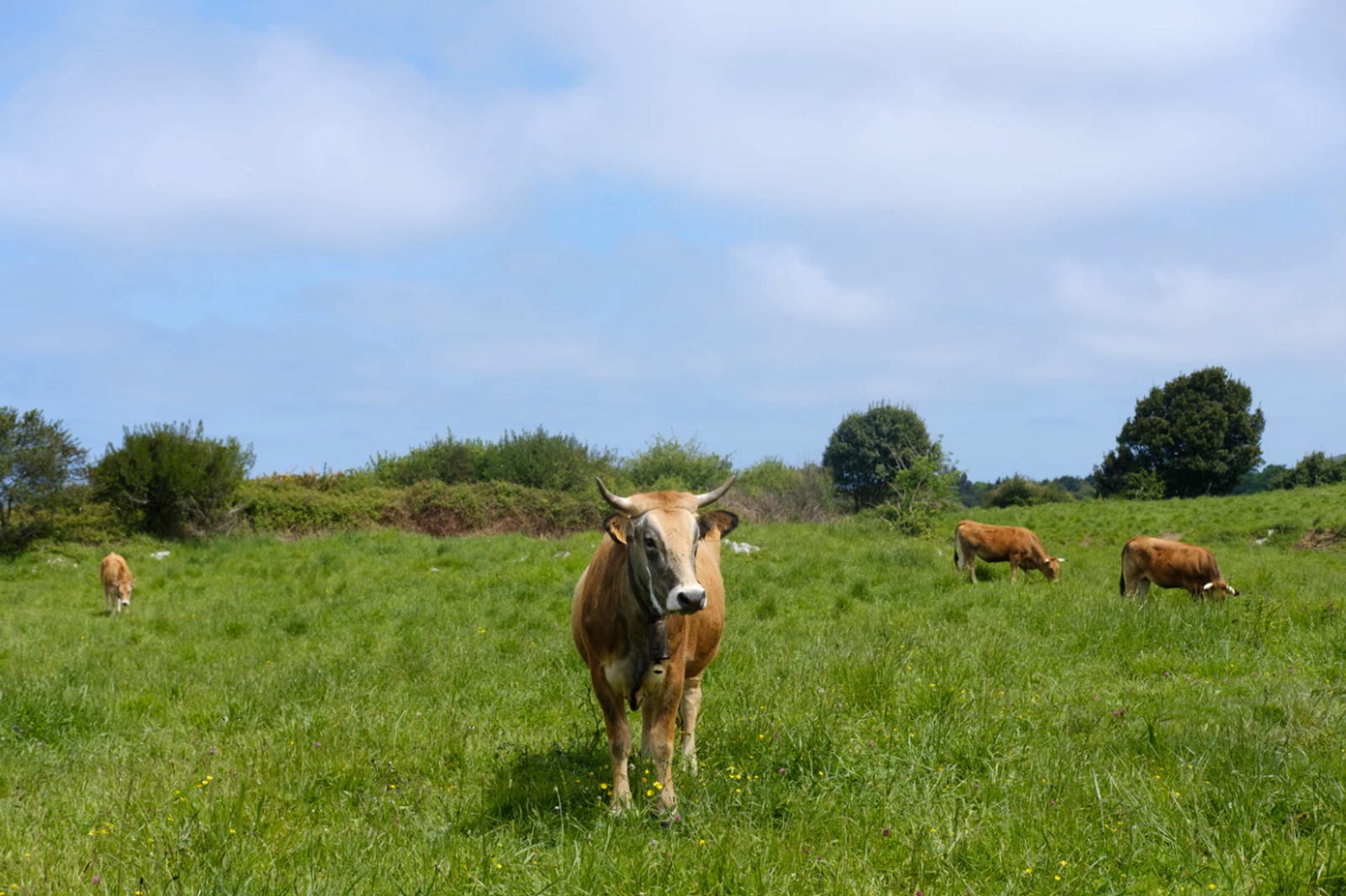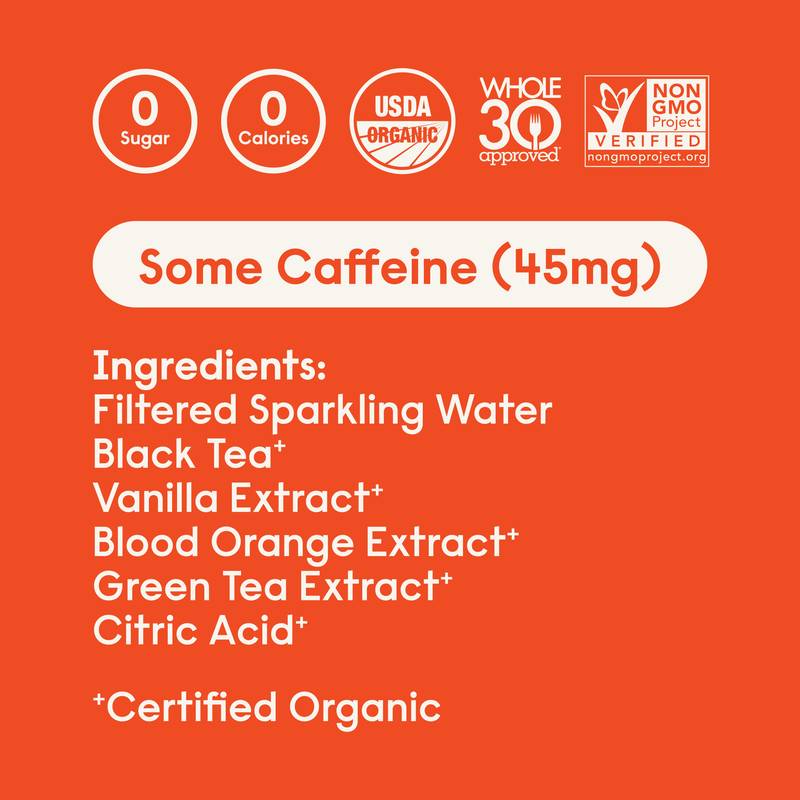Historically, meat has been pretty demonized. Eating it too frequently has been associated with an increased risk for heart disease and other forms of chronic disease, but what we've learned more recently -- as with many topics when it comes to nutrition -- is it's a little more complicated than a strict yay or nay when it comes to eating red meat.
What's the difference?
Conventional cows are raised on grain-based feed, while grass-fed, pasture-raised cows feed on, well, grass and other plants. Grain-based feed is primarily made from soy and corn and this type of feed is given with the goal of rapid weight gain. That difference in nutritional intake impacts the nutritional profile of their beef.
You'll see the major nutritional differences within the fat of the meat. Grass-fed beef has been shown to be much richer in omega-3 fats than grain-fed beef. Grass-fed beef is also a better source of conjugated linoleic acid (CLA) as well as vitamins A & E, all of which have anti-inflammatory properties.
Additionally, there tends to be a greater risk for illness in conventional cattle because of their lives on large, crowded feedlots, so antibiotic use is more likely.
Organic - even better - because then you know that the grass being eaten is not sprayed with potentially harmful chemicals. Better for you, the cows & the environment.
Is grass-fed really better for the environment?
The short answer: yes. Pasture-raised cattle are moved from lot to lot so that the grass underneath them is better managed and can regrow. According to the Environmental Working Group (EWG), this type of method also helps with carbon sequestration which is important for helping to reverse climate change.
So grass-fed always, huh?
When you can, great, but let's be real - many types of grass-fed beef (ie a steak) can be pricey and definitely harder to find. I personally see that grass-fed ground beef is pretty affordable (great for burgers, meatballs or taco night!), and with greater demand, I believe that price will improve.
Anywho, beef of any kind is still a great source of lots of nutrients like iron and B12 for energy. Although the focus of this article is on the benefits of pasture-raised beef vs conventional, don't lose focus from the fact that to reap the benefits of a whole food diet, veggies need to be the superstars on our plate. Aim for those veggies to make up at least half of what's on your plate and look at the beef as more of a co-star instead of the typical way it's served on a restaurant plate (as most of it!). Get grass-fed when you can, but don't drive yourself crazy because it's hard to get it every single time you have beef & conventional still has some nutritional benefit.






